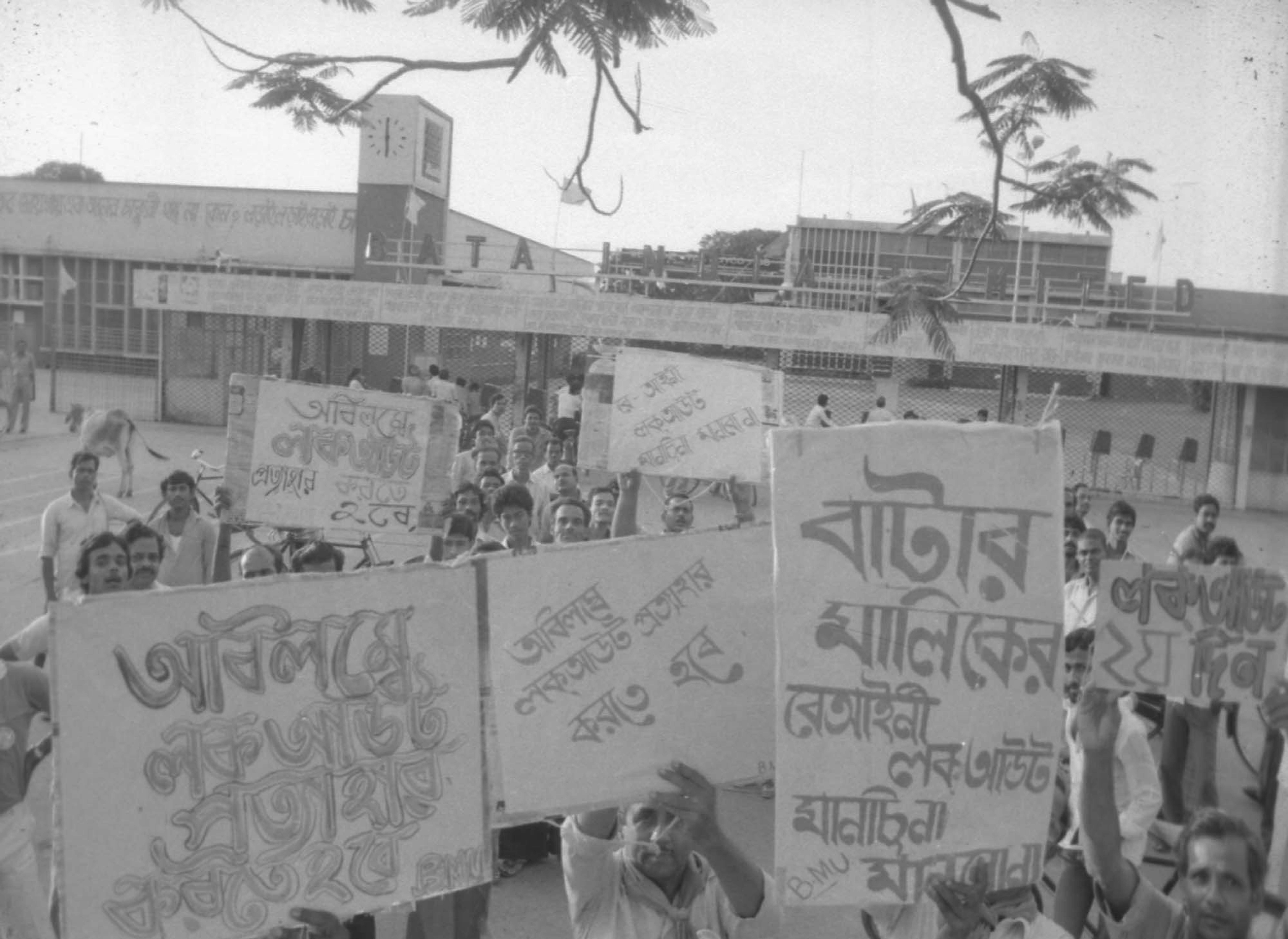Deindustrialization is a global process that is as old as industrialization itself. Yet the study of the “how” and “why” of industrial closures as well as their socio-economic effects has concentrated overwhelmingly on the industrial heartland areas of the Global North. Mostly, the Global South has figured as the vague destination point of “runaway shops” and the “offshoring” of industrial production. The proposed volume will focus on the long-history of deindustrialization in South Asia with a specific focus on India, from the onset of colonialism, decolonization and more recent globalization and free market reforms.
As a part of Deindustrialization and the Politics of our Time (DePOT), a seven-year partnership project led by Prof. Steven High, under the Social Sciences and Humanities Research Council (SSHRC) Canada, this Call for Proposals seeks to contribute to a rethinking of this storyline by bringing together macro studies of Indian political economy, and India’s changing place within the global economy, with more micro analyses of social and economic history, sociology and industrial heritage. In his influential 1944 work The Great Transformation, Karl Polanyi wrote that the “selfadjusting market” as an institution destroys “the human and natural substance of society”. Deindustrialization is one of the outcomes of global capitalism’s operation based on the “selfadjusting market” principle of value production at the lowest cost, leveraging on cheap labour and extraction of natural resources. While the ‘flat world’ of digital technology, globalization, and flexible labour policies have led to the closure of the manufacturing sector and massive layoffs in the North, in India the story has been that of the simultaneous “creative destruction” (deindustrialization) and “creative reconstruction”, (reindustrialization). In the pre COVID-19 days, India has experienced one of the fastest economic growths globally based on a stellar rise in the service sector. While the formal manufacturing sector experienced stagnation/deacceleration and the number of public sector factories were closed or disinvested, the share of the services sector in output and employment has increased. It is this simultaneous deindustrialization and reindustrialization, that has recently integrated India with the financial and industrial world.
We will be happy to hear from established scholars and young academics, doctoral students and postdoctoral fellows, as well as professionals from various sectors, whose principal area of work is on India and South Asia. We are open to a variety of disciplinary perspectives and temporal
foci.
Please submit your 350-word chapter proposal in PDF format, including your title and institutional affiliation, and send it to Prof. Steven High at steven.high@concordia.ca and Dr. Indranil Chakraborty at indranil.chakraborty@concordia.ca by October 30, 2022. You will hear back within 10 days whether your proposal has been accepted in the volume. There is an expression of interest from Routledge for publishing an edited volume based on the selected abstracts. The final submission deadline for full chapters of 7,000-9,000 words will be April 30, 2023 with an expected publication date sometime in 2024.
For further enquiries please contact: Indranil Chakraborty.





